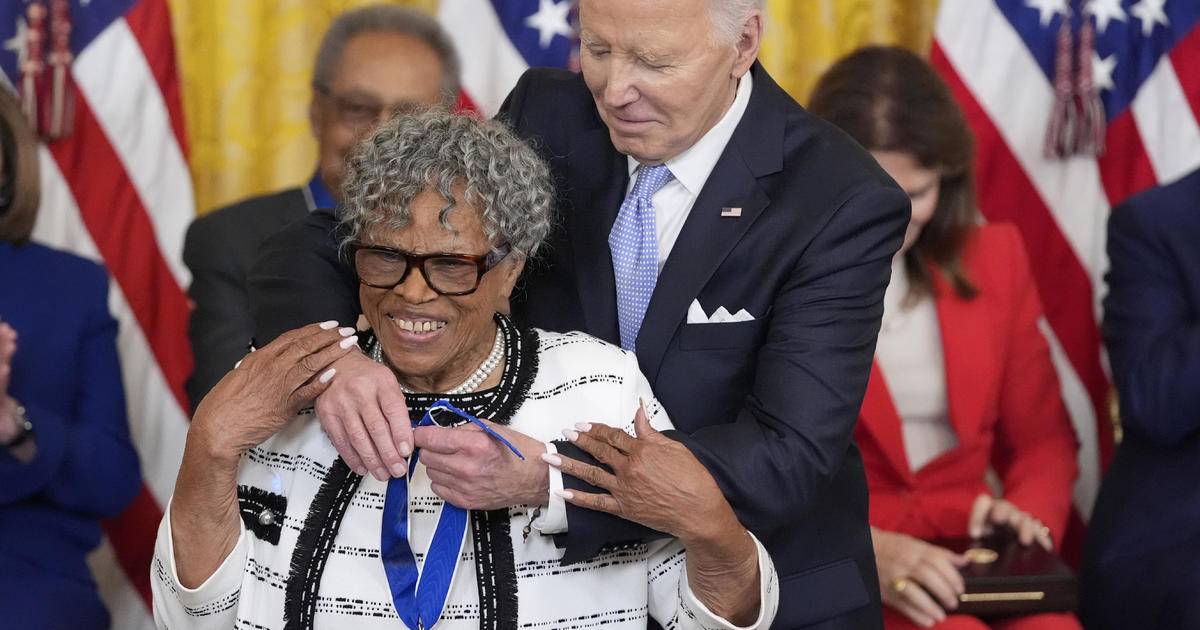Permanent daylight saving time? Texas leaders want it, but lack power to adopt it
NORTH TEXAS (CBSNewsTexas.com) – When Brian Eggert retired, he stopped wearing a watch.
Now he gets up when he wants and enjoys the sunshine when he can.
"With the sun we get vitamin D and I think people feel better," he said, while fishing in Big Lake Park in Plano.
One thing, he says he won't miss is driving home from work in the dark during winter.
"You get to come home and you don't see anything. It's the most depressing time of year," he said.
The Texas House yesterday voted 138 to 5 to adopt Daylight Saving Time (DST) year round – a measure the governor tweeted he "strongly supports."
The change, if it took effect, would affect Texans between November and March, when we currently observe Standard Time.
On the day when sunlight is in shortest supply, December 21, the sun rises over Dallas at 7:26 a.m. and sets at 5:25 p.m. Adopting permanent DST would shift daylight hours to between 8:26 a.m. and 6:25 p.m., sending many children to school in the dark but allowing for more outdoor activity after work hours.
Changing the clock, though, isn't that easy.
The National Conference of State Legislatures reports 19 states have already voted to adopt DST year round, but none have enacted it.
Under federal law, states can opt out of DST altogether, like Arizona and Hawaii do. If a state chooses to observe it, though, it must start and stop it on set days. The law on "uniform time" helps maintain consistency between states, making it easier to track time as you travel, conduct business, or decide when it's appropriate to call your out of state relatives.
Congress would have to act to allow states to adopt DST year round, but might be reluctant to create a situation where time varies state to state and Texas shares a clock with Massachusetts but not Oklahoma.
Last year, the U.S. Senate opted for an alternative, voting to make DST year round for all states that observe it. The measure died in the U.S. House, though, in part because of evidence that might not be good for Americans.
"Our appetite, sex drive, learning ability, when we sleep and wake, it's all controlled by an internal body clock that is very, very light sensitive," said Dr Emerson Wickwire with American Academy of Sleep Medicine.
"In the spring and in the fall when we switch in and out of DST, our body is required to adjust by a single hour. That may not seem like much, but when we amplify that across 300 million citizens across the US, we see a dramatically increased risk for adverse health outcomes like stroke and heart attack, mental health outcomes like depressed mood and suicidality, and, of course, public health outcomes like increased risk for motor vehicle crashes," he said.
The Academy, though, has argued it's Standard Time we need to make permanent because it's consistent with our natural circadian rythyms.
"No credible scientific source advocated for permanent Daylight Savings Time," said Wickwire.
Pollce, meanwhile, show it remains popular among Americans, who report DST makes them feel happier and more productive.
"I just can't see doing permanent depression time. I just can't," said Eggert.




